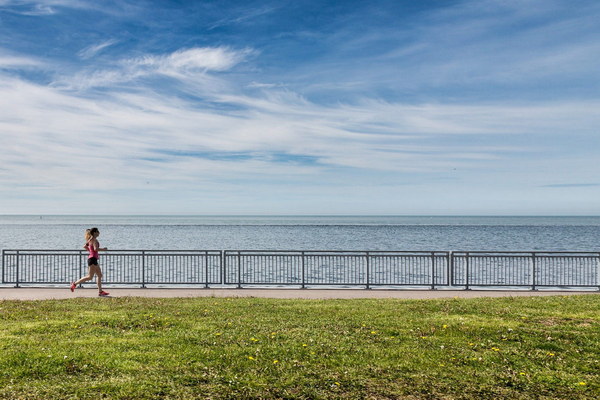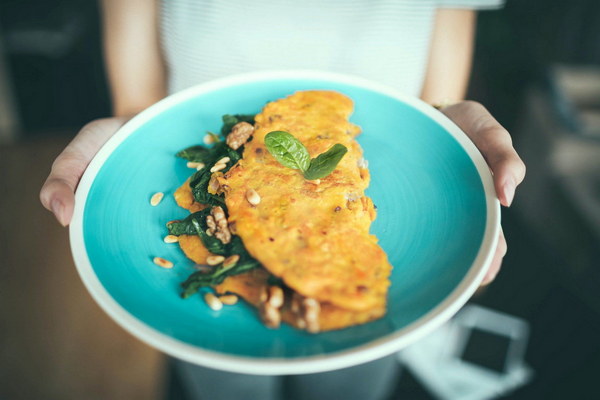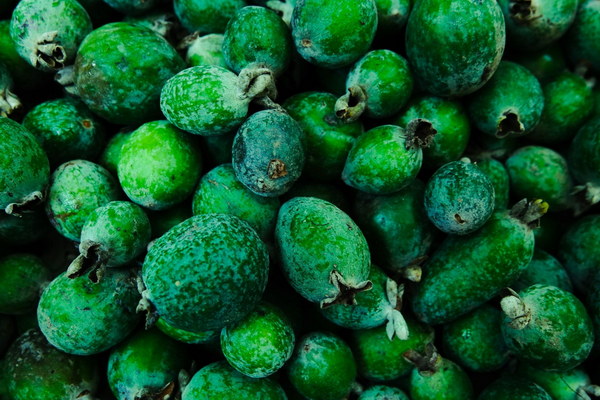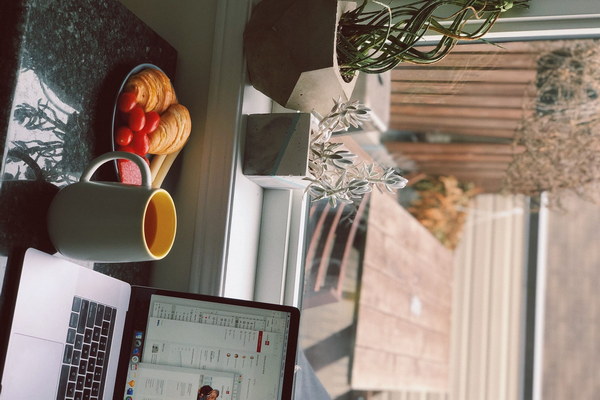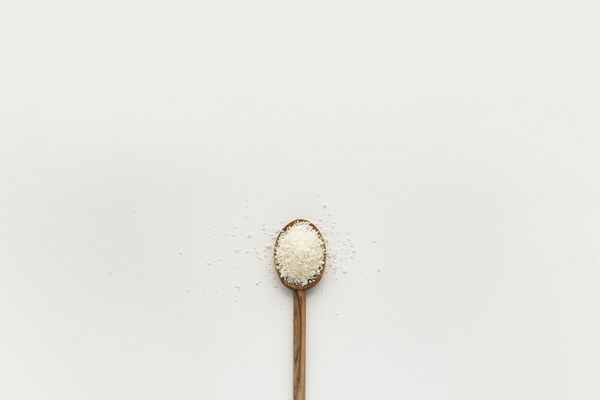Postpartum Dampness Relief Effective Strategies for New Mothers
Introduction:
After giving birth, many new mothers often suffer from postpartum dampness, a condition characterized by symptoms such as fatigue, body ache, and swelling. This article aims to provide a comprehensive guide on how to alleviate postpartum dampness, offering various strategies and tips for new mothers to regain their health and well-being.
1. Understanding Postpartum Dampness:
Postpartum dampness is a common condition among new mothers due to the physical and emotional stress of childbirth. It occurs when the body's fluids are not properly regulated, leading to an accumulation of dampness in the body. This condition can be exacerbated by poor diet, lack of exercise, and insufficient rest.
2. Diet:
A well-balanced diet plays a crucial role in alleviating postpartum dampness. Here are some dietary recommendations:
- Increase the intake of warm and nourishing foods, such as soups, stews, and porridge, to promote the elimination of dampness.
- Incorporate foods rich in vitamin B and iron, such as green leafy vegetables, nuts, and legumes, to combat fatigue and anemia.
- Avoid cold, raw, and damp foods, such as ice cream, cold drinks, and salads, as they may worsen the condition.

- Consume foods with diuretic properties, such as cucumber, watermelon, and kiwi, to help eliminate excess fluid.
3. Exercise:
Regular exercise can aid in the elimination of dampness and promote overall health. Here are some exercise recommendations for new mothers:
- Engage in gentle stretching and low-impact exercises, such as yoga or prenatal Pilates, to improve flexibility and strength.
- Take short walks daily to increase blood circulation and promote the elimination of dampness.
- Consult with a healthcare professional before starting any exercise regimen, especially if you have any health concerns or complications.
4. Rest and Relaxation:
Adequate rest is essential for new mothers to recover from postpartum dampness. Here are some tips to ensure proper rest:
- Try to get at least 7-8 hours of sleep per night, and take naps during the day if possible.
- Practice relaxation techniques, such as deep breathing, meditation, or gentle massage, to reduce stress and improve sleep quality.
- Delegate household chores and child care tasks to family members or friends to minimize stress and allow for more rest.
5. Acupuncture and Traditional Chinese Medicine:
Acupuncture and other traditional Chinese medicine practices can help alleviate postpartum dampness by promoting the balance of energy and reducing fluid retention. Consult with a qualified practitioner to determine the best treatment plan for your specific needs.
6. Herbs and Supplements:
Certain herbs and supplements may aid in the elimination of dampness and support overall health. However, it is crucial to consult with a healthcare professional before taking any new herbs or supplements, as some may interfere with breastfeeding or have adverse effects.
Conclusion:
Postpartum dampness can be a challenging condition for new mothers, but with the right approach, it can be effectively managed. By focusing on a balanced diet, regular exercise, adequate rest, and seeking professional advice when needed, new mothers can overcome postpartum dampness and return to good health.

